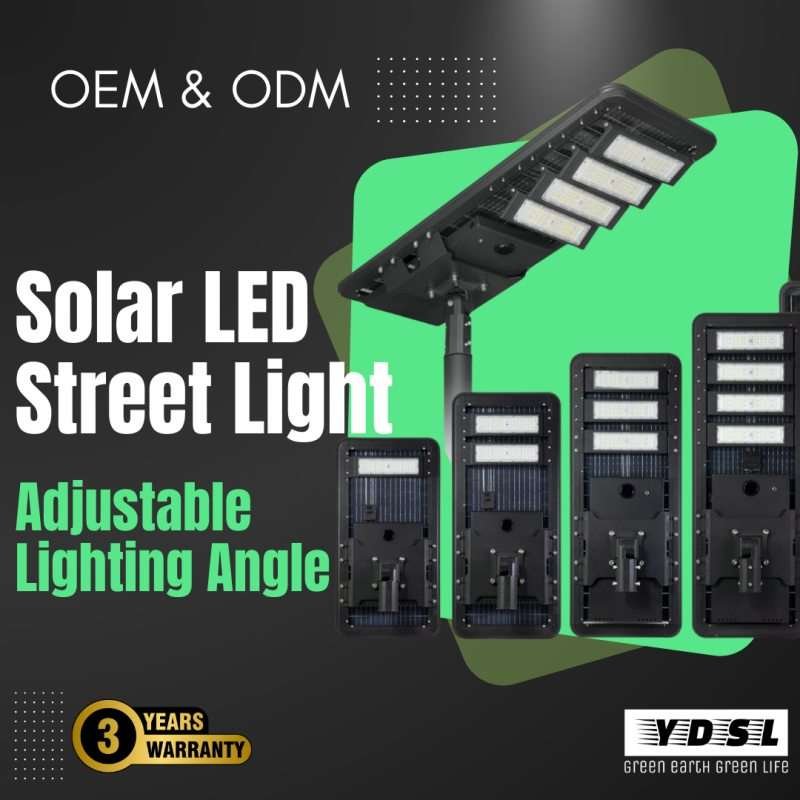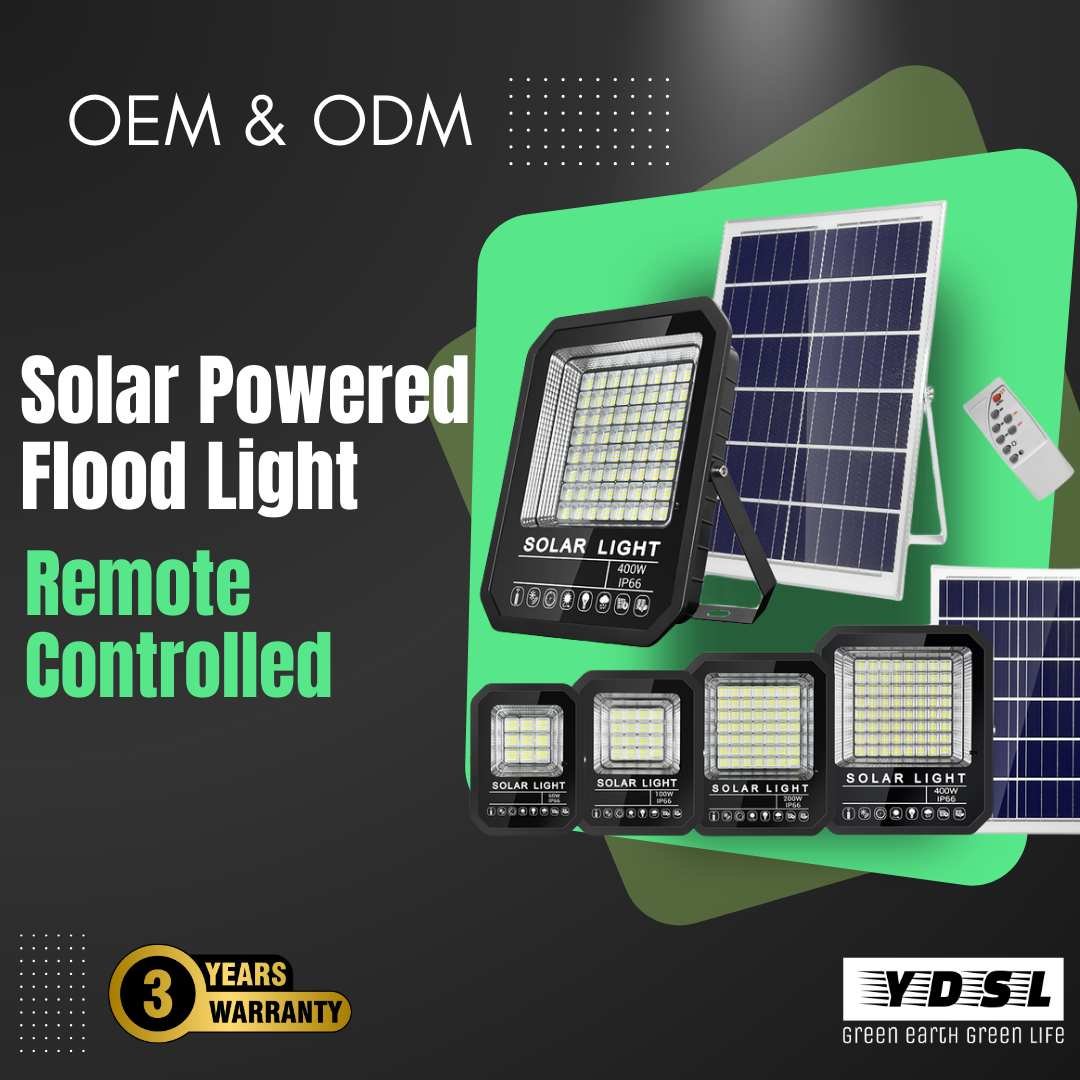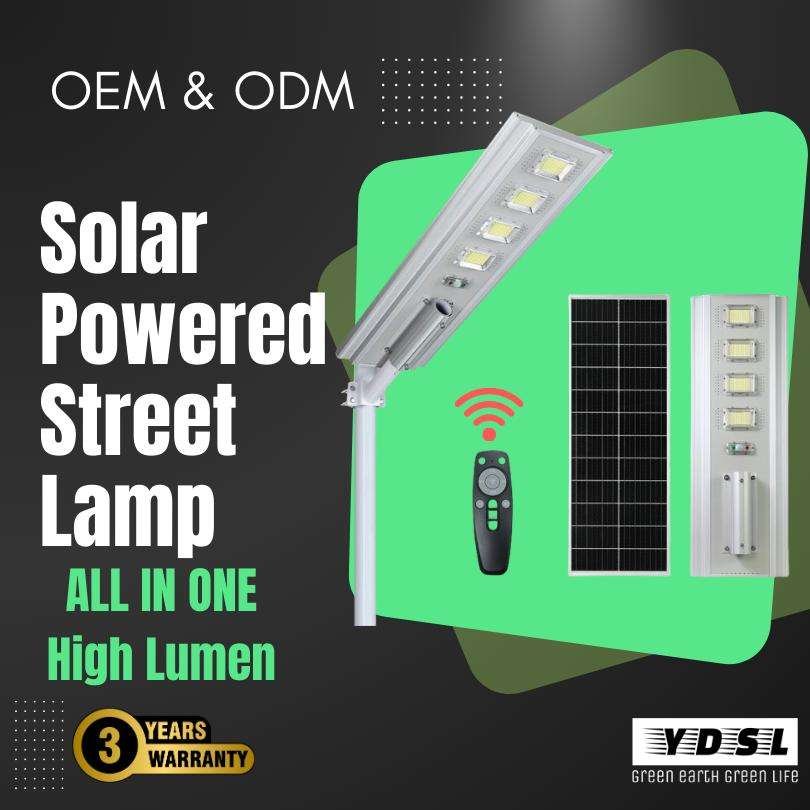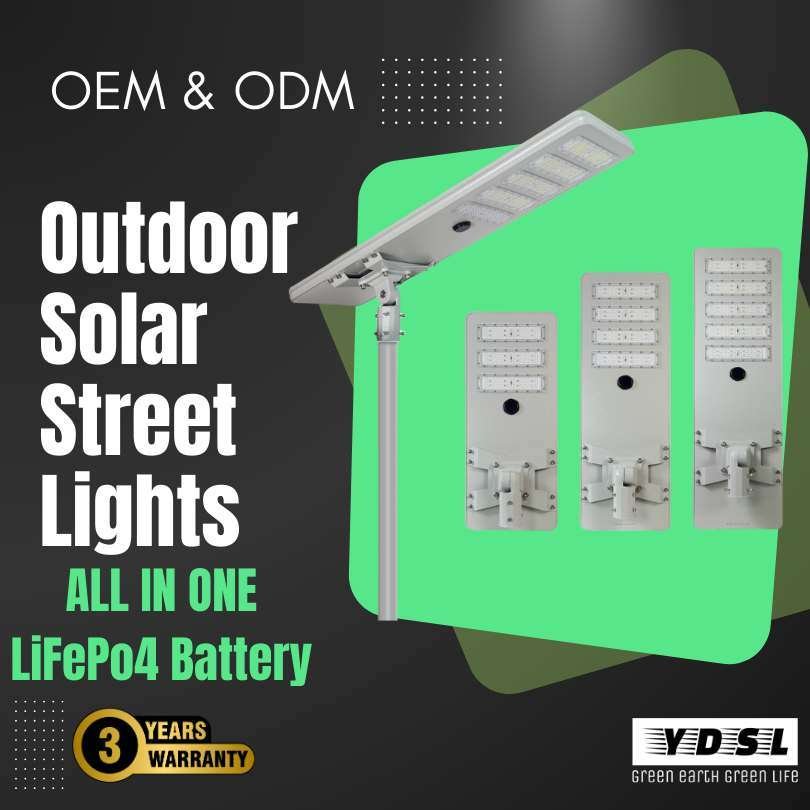Can Solar Panels Run Air Conditioning? The Ultimate Guide
Quick Browsing
Toggle
The need for air conditioning is going through the roof as temperatures around the world continue to rise. At the same time, we need more long-lasting and sustainable power plants. This brings up an important question: Can solar panels run air conditioning? There is no doubt that the answer is yes. As solar technology has improved, it is now possible to use solar energy to power air conditioners. The article from YDSL talks about whether or not running air conditioners with solar panels is possible, what the pros and cons are, and how to solve those issues. We’ll also talk about how YDSL helps customers by giving them great service and high-quality solar products.
How Do Solar Panels Power Air Conditioning?
The Basic Principle of Solar Powered Air Conditioning
Direct current (DC) energy is made by solar panels from sunlight. Later, this DC power is sent to a converter, which changes it into AC power, which is what your air conditioner needs. The energy from an off-grid system is stored in batteries so that it can be used later. When you have an on-grid device, you can send extra power back into the grid and get power from the grid when you need it.
Solar air cooling system is good for the environment and saves you money in the long term because it cuts your electricity bills by quite a bit.

Two Systems for Solar Air Conditioning
Off-Grid System
An off-grid technique doesn’t connect to the main power grid at all. Batteries store the power that solar panels create. The energy that was saved is then used to run your solar energy air conditioner.
Pros and Cons of Off-Grid Systems
- Pros: Works great in remote places that can’t connect to the grid.
- Cons: 1. Needs a big battery bank to store power for cloudy or overnight days. 2. Greater initial expenses because of the cost of batteries.
On-Grid System
With an on-grid hybrid solar power air conditioning system established, your solar panels are linked to the main power grid. When your solar panels aren’t making enough electricity, you can use power from the grid. Any extra energy that is made during the day is put back into the grid.
Pros and Cons of On-Grid Systems
- Pros: 1. There’s no need for batteries, which cuts the initial cost. 2. When you send extra energy back into the grid, you can get rewards. This is called net billing.
- Cons: 1. Needs authorization from the government and a link to the power grid. 2. If you don’t have a backup battery, your machine may shut down when the power goes out.
How to Configure Solar Panels for Your AC?
Key Factors to Consider
Think about the following things to figure out how many solar panels you need to power your air conditioner:
Air Conditioner Power (Tonnes/Watts)
The power consumption of your AC depends on its size:
- 1 Ton AC: ~1200-1500 watts
- 1.5 Ton AC: ~1800-2000 watts
- 2 Ton AC: ~2300-2500 watts
- 3 Ton AC: ~3500-4000 watts
Solar Panel Wattage
Solar panels typically range from 250W to 400W. Higher-wattage panels generate more electricity, reducing the number of panels needed.
Battery Capacity
For off-grid systems, battery capacity is crucial. A 1.5-ton AC may require 4-6 batteries with 150Ah capacity to run overnight.
Local Sunlight Conditions
Areas with more sunlight require fewer panels. For example, a sunny region like Arizona will need fewer panels compared to a cloudy region like Seattle.
Daily Usage Time
The longer you run your AC, the more solar panels and batteries you’ll need. For example, running a 1.5-ton AC for 8 hours a day requires more energy than running it for 4 hours.
Case Studies: Solar Panels for Different AC Sizes
1 Ton AC (9000 BTU)
- Power Requirement: ~1500 watts
- Solar Panels Needed: 6 x 250W panels
- Battery Requirement: 4 x 150Ah batteries (off-grid)
1.5 Ton AC (12000 BTU)
- Power Requirement: ~2000 watts
- Solar Panels Needed: 8 x 250W panels
- Battery Requirement: 6 x 150Ah batteries (off-grid)
2 Ton AC (18000 BTU)
- Power Requirement: ~2500 watts
- Solar Panels Needed: 10 x 250W panels
- Battery Requirement: 8 x 150Ah batteries (off-grid)
3 Ton AC (24000 BTU)
- Power Requirement: ~4000 watts
- Solar Panels Needed: 16 x 250W panels
- Battery Requirement: 12 x 150Ah batteries (off-grid)
- Note: For larger AC units, an on-grid system is recommended to reduce battery costs.

Residential vs. Commercial Use: Key Differences
solar air conditioner for home
Residential solar panel air conditioners are made for homes and can usually handle air conditioners that weigh between 1 and 2 tons. These systems are great for single-family homes that want to cut down on their energy bills.
Size of the System: Residential systems are usually smaller, with 6 to 10 solar panels needed (depending on the size of the AC and how much energy is used). For instance, a 1.5-ton air conditioner might need 8 x 250W solar panels to work well.
Installing: Residential setups are pretty easy to put together, especially if the house has a good-sized roof room that gets a lot of sunlight. It only takes a few days to finish most installs.
Maintenance: It’s easier to keep smaller systems running. Solar panels should be cleaned regularly, and the generator and batteries should be checked every so often, if necessary.
Cost: An air conditioner solar for a home can cost anywhere from 500 to 700 USD to buy for the first time. The price depends on the size of the air conditioner and whether batteries are included.
Commercial Solar Power Air Conditioner
Commercial solar-powered air conditioning systems are made for bigger buildings, companies, or other places that need more than one air conditioner or more cooling power. These methods are more complicated and need to be planned out carefully.
Size of the System: Commercial systems are much bigger and usually need 20 to 50 solar panels or more, based on how many AC units they have and how much power they use. As an example, a business building with several 3-ton air conditioners might need 40 x 250W solar panels for each unit.
Higher Upfront Costs: The cost of buying a commercial system for the first time is higher, ranging from 20,000 to 100,000 or more, based on the size of the project. But in the long run, it can save a lot of money on electricity bills, especially for businesses that use a lot of power.
Maintenance: While commercial systems require more maintenance due to their size, professional servicing contracts can help ensure optimal performance.
Key Considerations for Both Residential and Commercial Systems
When building a solar air conditioner kit for a home or business, there are a few important things you should keep in mind:
1. Grid Connection Requirements
On-Grid
- The main power grid is linked to these devices.
- Through net metering, you can send any extra energy that your solar panels produce back into the grid and get credits.
- You can get power from the grid when there isn’t much sunlight, like at night or when it’s dark.
Off-Gird:
- These devices don’t connect to the power grid; they only use solar panels and batteries.
- Perfect for places that are far away and can’t connect to the grid.
- Need a bigger battery bank to store power for times when it’s not sunny.
2. Government Approvals and Permits
- Most installations in homes need licenses from the local government.
- Some places offer tax credits or refunds as ways to get people to switch to solar power.
- When it comes to commercial setups, rules and approvals are usually stricter.
- Before installation, businesses may need to do energy audits or environmental effect assessments.
3. Plan how to store batteries for off-grid systems. Battery capacity:
Battery capacity is very important for off-grid solutions. You’ll need enough space to keep your AC running at night or when it’s cloudy. For instance, a 1.5-ton AC that runs for 8 hours straight at night might need 6 x 150Ah batteries.
Type of Battery:
- Lithium-ion batteries cost more, but they last longer and are lighter.
- Lead-acid batteries are less expensive, but they are larger and need to be maintained regularly.
Extra Power:
- For more reliability, business systems might want to use a hybrid setup that combines solar power with a backup generator.
4. Financial Things to Think About Residential:
Family Use:
- Use the amount of energy you save to figure out the payback time. Within 5 to 10 years, most home systems pay for themselves.
Business:
- To lower the initial costs, look into financing choices like solar leases or power purchase agreements (PPAs).
- Businesses that invest in green energy can get tax breaks and other benefits from the government.
Cost and ROI of Solar Panel Air Conditioning
Initial Investment Costs
- Solar panels: 200−400 per panel.
- Inverter: 1000−2000.
- Batteries: 200−500 each (for off-grid systems).
Long-Term Savings
- Reduce electricity bills by 50%-90%.
- Payback period: 5-10 years, depending on usage and local electricity rates.
Government Policies and Incentives
- Many countries offer tax credits, rebates, or subsidies for solar installations.
- Check local policies to maximize savings.

Buying Guide for Solar-Powered Air Conditioning
Choosing the Right Solar Panels
- Monocrystalline panels work better but cost more.
- Polycrystalline panels are cheaper, but they don’t work as well.
Selecting the Right Inverter
- Pure sine wave inverters are ideal for sensitive electronics like ACs.
- Modified sine wave inverters are cheaper but less efficient.
Battery Options
Lithium-ion batteries are lightweight and long-lasting but expensive.
Lead-acid batteries are cheaper but require more maintenance.
Extended Warranty and Maintenance Plans
- Invest in extended warranties to cover repairs and replacements.
Conclusion: Can Solar Panels Run Air Conditioning?
Can solar panels run air conditioning? Absolutely. Solar air conditioning is not only possible but also a smart investment in saving energy and being good to the environment if the system is the right size, shape, and has the right parts. If you choose YDSL, you’ll get access to the best solar options and the best customer service. Using solar energy today will give you the best of both worlds: comfort and sustainability.
Related Products
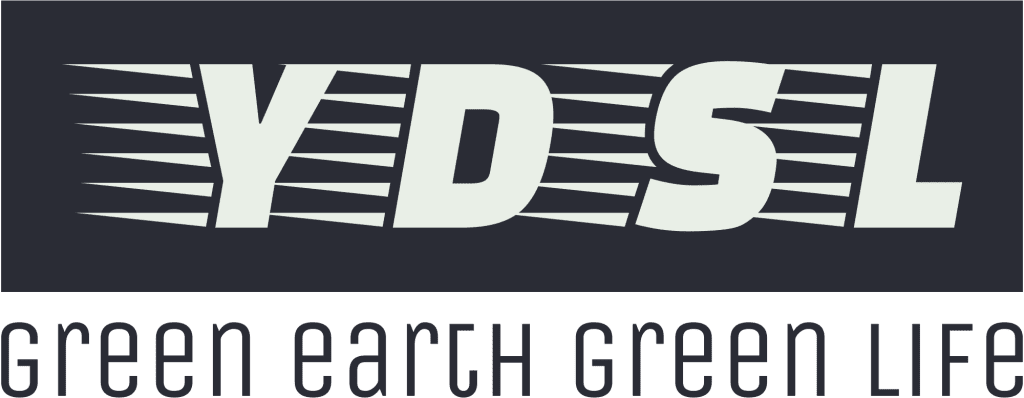
Green lighting for a green life.
Professional and intelligent manufacturer
- Email: info@ydsolarlight.com
- Whatsapp: +86 18912106317
- Wechat: owen17173
